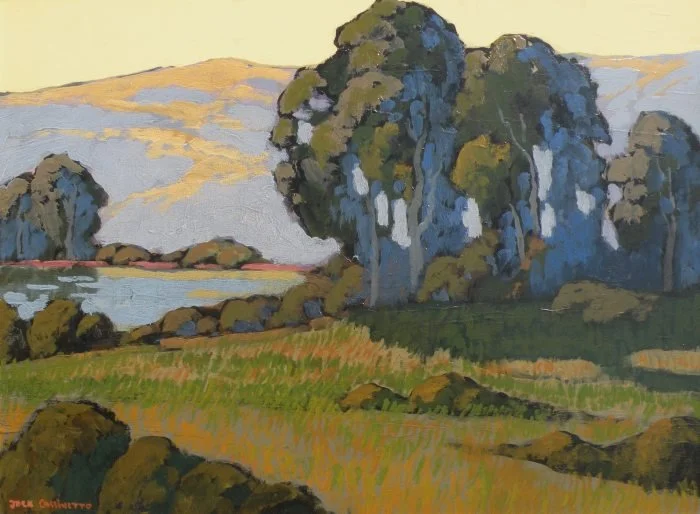39: Sigmund Freud: Civilization and Its Discontents, Part Two
In part two of this blog series, we will focus on primal guilt and the death instinct. Freud believed that primal guilt starts with the repression of the unconscious or unacceptable desires or impulses, which are then subsumed by the superego. The death instinct (Thanatos) is a drive toward annihilation in opposing the life instinct (Eros) which is focused on survival, reproduction, and connection.
It could be argued that compounding primal guilt could eventually lead to the growth of the death instinct, on both an individual and collective level.
It was these concepts (death instinct, the pleasure principle, aggression, and primal guilt) that Freud posited as the origins of much of human “progress”, dysfunctions, neuroses, and conflicts both internal and external.
“In 1923[...]he proposed a ‘structural theory’ of the mind, which visualizes the mind as divided into three distinct yet interacting agencies: the id (the wholly unconscious domain of the mind, consisting of the drives and of material later repressed), the ego (which is partly conscious and contains the defense mechanisms and the capacities to calculate, reason, and plan), and the superego (also only partly conscious, which harbors the conscience and, beyond that, unconscious feelings of guilt). “(165)
Primal guilt lies somewhere in the superego, ebbing away within the unconscious internalization of social norms and ingrained parental culture. Some examples of reasons in which primal guilt can commonly surface in the western world are the repression of sexuality because of colonial puritanism and the imposition of pseudo-Christian values upon acceptable behaviors, courting rituals, and binary gender roles. It can also arise due to values of “hustle culture”, in which capitalism fosters the idea that one's innate human value is in direct relation to the capital they are able to produce, garner, or hoard.
“And yet, as a path to happiness, work is not highly prized by men. They do not strive after it as they do after other possibilities of satisfaction. The great majority of people only work under the stress of necessity and this natural human aversion to work raises most difficult social problems.”(49)
With this idea in mind, alongside a growing gulf between the rich and poor in many parts of the world, it is clear that colonial capitalism and the continuous refusal for those in power to separate church from state are slowly pushing us toward a cliff of uncertainty. This uncertainty may very well be a cause of the symptoms that express themselves as collective neuroses and grievances.
“The diagnosis of communal neuroses is faced with a special difficulty. In an individual neurosis we take as our starting-point the contrast that distinguishes the patient from his environment, which is assumed to be ‘normal’. For a group all of whose members are affected by one and the same disorder no such background could exist; it would have to be found elsewhere. “(148)
One could argue that the current state of affairs, with mass media at our fingertips at all times and a struggle for equity and justice worldwide, a collective neurosis of depression and anxiety seems rather unavoidable as a symptom of a greater sickness. It is both a grief of our past and an uncertainty of the future that grips us.
If the death instinct (Thanatos) is a drive toward annihilation in opposition to the life instinct (Eros), which is focused on survival, reproduction, and connection, then both can be seen in very real, measurable ways. Take the U.S. for example: it is experiencing an overall decline in growth as well as a projection of an aging population over the next 30 years or so.
This could be interpreted in either direction under Freud’s principles: that either people are making less people in order to improve quality of life and connection under declining collective resources, or people are making less people in order to decrease the amount of struggle they are experiencing in a declining economy.
It seems what we desperately need more of is the life instinct, the Eros, of which Freud placed under the “Id”, floating under the surface of our unconscious mind. We need to focus on finding more reasons to live. More ways to find pleasure, happiness, and joy. More connection.
If Freud’s “Civilization and Its Discontents” outlines anything of use, it is a lens through which we can observe ourselves in relation to one another and greater society and ask, “who am I and what do I really want?”
What do we really want? What do we really need?
Thank you for reading, and feel free to start a conversation in the comments section below! Let’s connect with each other.
With love and solidarity - Gabby





